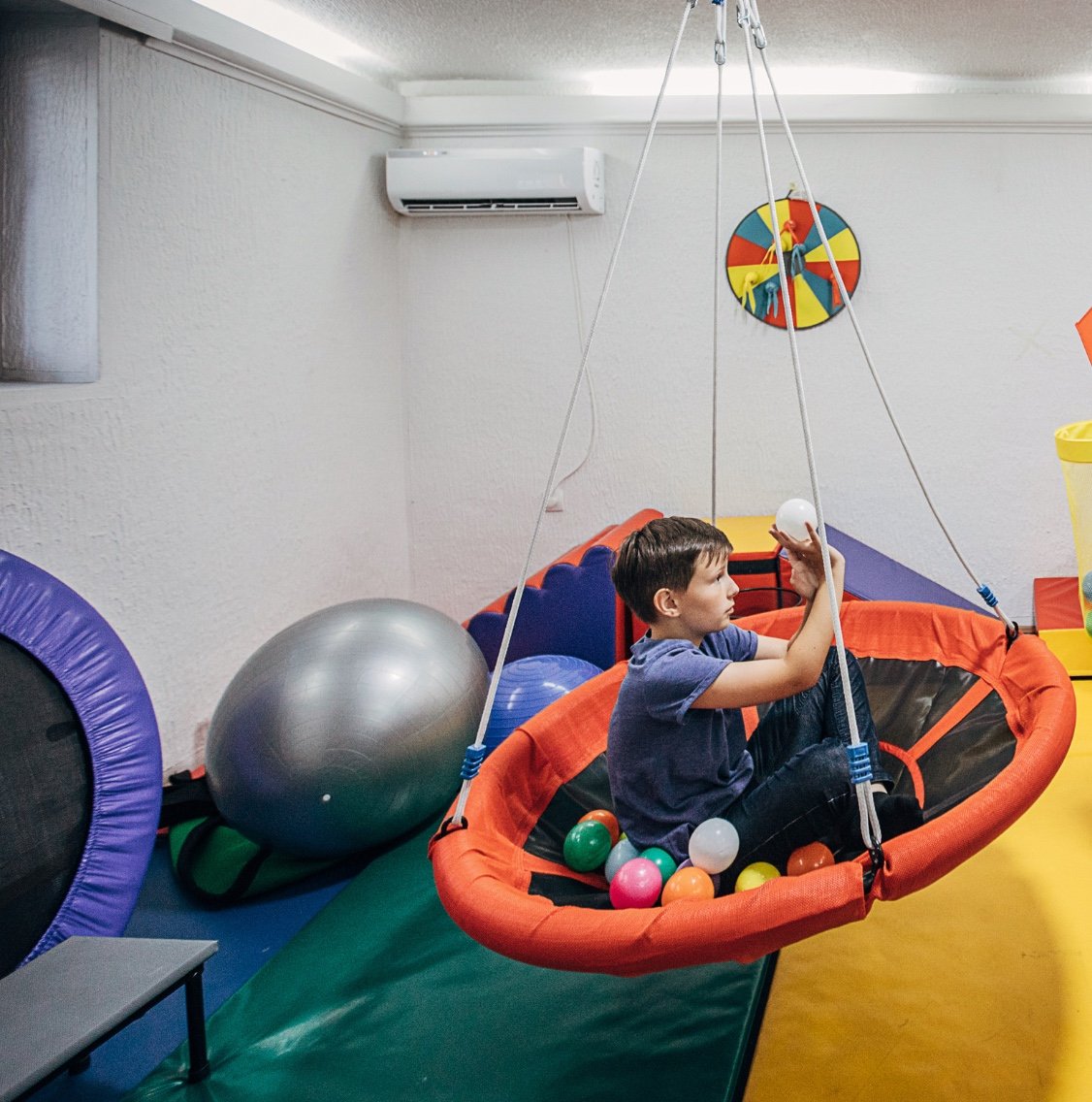
Understanding Interoception: The "Hidden Sense" That Impacts Everyday Life
Interoception, often called the "hidden sense," helps us recognise internal body signals like hunger, thirst, and emotions, playing a crucial role in self-regulation. Children with autism, ADHD, or sensory processing challenges may experience interoceptive differences, leading to difficulty recognising or responding to their body’s needs. Some children may be hypersensitive to internal signals, feeling hunger or a racing heart as overwhelming, while others may be hyposensitive, missing cues for thirst, pain, or bathroom needs. By using targeted strategies such as interoceptive language, body mapping, and mindfulness, therapists and parents can help children strengthen their awareness and improve their ability to self-regulate.

Understanding Sensory Regulation in Children: Insights from Research and Practical Strategies
Sensory regulation plays a crucial role in how children navigate their world, influencing their ability to stay calm, focus, and engage in everyday activities. When a child struggles with sensory processing—whether they are hypersensitive to stimuli like noise and textures or seek intense sensory input through movement—it can affect their emotional regulation and participation in daily routines. Research suggests that these challenges, particularly in children with Autism Spectrum Disorder, stem from differences in brain connectivity, neural pruning, and sensory pathway development. By implementing tailored strategies, such as occupational therapy, sensory-friendly environments, and structured sensory breaks, we can help children feel more secure, regulated, and ready to learn.
